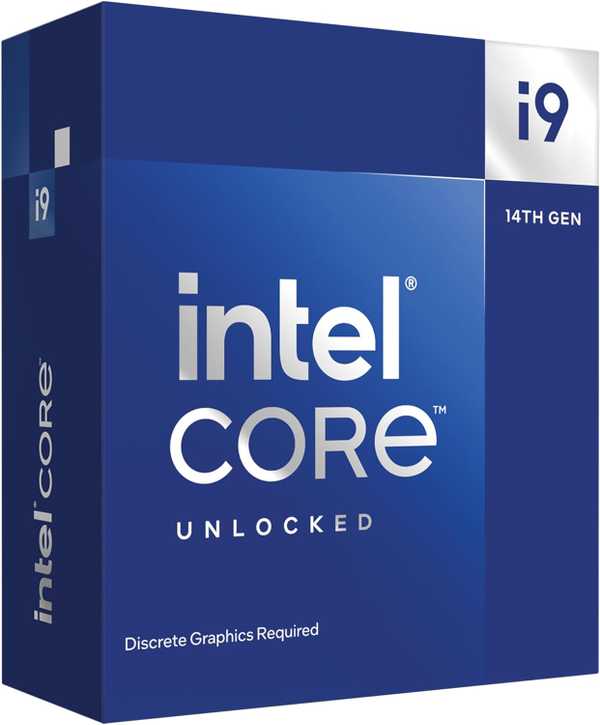Main conclusions
- Intel has identified the root cause of two instability issues affecting some Raptor Lake CPUs.
- The company has taken three days and four days off which will cause the Raptor Lake processor to become unstable. The final update will be implemented in the form of a BIOS update scheduled to be released soon.
- Mobile CPUs based on the Raptor Lake architecture are not affected by the issue, which is known as “Vmin jitter.”
Information It is credited with identifying the root cause of two issues affecting Raptor Lake processors. And once InformationThe company's efforts to resolve these issues are still ongoing, and now appear to be on the verge of completion.
The hybrid Raptor Lake architecture was first commercialized in October 2022, when Intel launched the initial wave of its 13th generation processors. It was so Reused for Intel 14th generation iteration CPUsShe was released after 12 months. In February 2024, reports of select models from both generations performing consistent work in certain scenarios will begin to emerge. Intel reconvened these reports and began an open investigation into the cause of the two instability issues shortly thereafter.
Intel confirms the root cause of two Raptor Lake CPU issues
Intel is now taking credit for finding the root cause of Traffic problems at Lake RaptorThis was in an update at the end of September 2024. Specifically, the company’s investigation confirmed that a phenomenon known as “Vmin change instability” was responsible for the crashes, escreveu Intel Communications Director, Thomas Hannaford. For reference, “Vmin” means “minimum operating voltage”. The problem is caused by a portion of the CPU's internal clock system being exposed to high voltages and temperatures for an extended period of time. This finding is due to the fact that some users will be able to overcome instability issues by underclocking and/or overclocking their Raptor Lake desktop CPUs.
Intel's investigation has now identified four specific scenarios that could lead to Vmin-related issues. Raptor Lake CPU instability. Two files were resolved with microcode updates 0x125 and 0x129, released in June 2024 and August 2024, respectively. Another cause is motherboard power supply settings that exceed Intel's power guidelines, or which can be resolved by simply reconfiguring the processor to its default settings.
Scenarios that can cause Intel Raptor Lake CPU instability
- The board's power supply configurations exceed Intel's own power guidelines.
- Dilution: Intel standard configuration recommendations for 13th and 14th generation Intel Core desktop processors.
- The eTVB microcode algorithm that allowed 13th and 14th generation Intel Core i9 desktop processors to operate at higher performance states, even at high temperatures.
- Dilution: Microcode 0x125 (July 2024) addresses an issue with the eTVB algorithm.
- The Microcode SVID algorithm requires high voltages with frequency and duration that can cause a Vmin shift.
- Dilution: Microcode 0x129 (August 2024) handles high voltages requested by the processor.
- Microcode and BIOS code require high voltage which can cause Vmin to change, especially during periods of inactivity and/or light activity.
- Dilution: Intel releases microcode 0x12B, which opens microcode updates 0x125 and 0x129 and handles high voltage requests from the processor during periods of inactivity and/or light activity.
The final scene of high-voltage stress on the heart occurs during light or inactive activities. This specific issue will be resolved with a microcode update, identified by version number 0x12B. He told Intel that an important BIOS patch will be released soon, noting that it is already working with its motherboard partners on implementing it. However, the semiconductor manufacturer is not committing to a more specific time frame for the launch.
Based on the company's recent testing, the 0x12B update will not have a significant impact on performance in a variety of popular applications, including games. Raptor Lake mobile processors used in laptops and netbooks are not affected by any instability issue related to Vmin, the chip manufacturer confirms. Future Intel CPUs Haircuts will also not be a problem.




